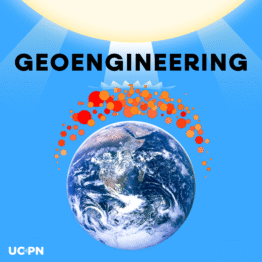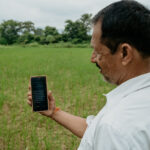Integrating Digital Twins into Material Synthesis and Processing for Sustainable Growth
This project pioneers a digital twin-enabled framework for sustainable synthesis and processing of energy materials, with a focus on optimizing textured alkali metal anodes for next-generation energy storage. Conventional synthesis methods for these high-energy-density materials are resource-intensive and offer limited control over microstructural properties. By integrating thermodynamic, kinetic, and microstructural models with machine learning, this project develops real-time predictive tools to guide experimental synthesis under varying conditions such as pressure, temperature, and current density. A multiscale digital twin will simulate texture evolution, which is experimentally validated using advanced electron microscopy and spectroscopy. The resulting feedback loop enhances process efficiency, reduces material waste, and improves electrochemical performance. Led by experts in both modeling and experimentation, this research advances a scalable and environmentally responsible approach to material development for broader applications in sustainable energy technologies.
“This project represents a transformative step toward sustainable growth by leveraging digital twin technology to minimize waste, enhance efficiency, and enable precision control in energy material synthesis.”
Minghao Zhang, Research Associate Professor, University of Chicago Pritzker School of Molecular Engineering























